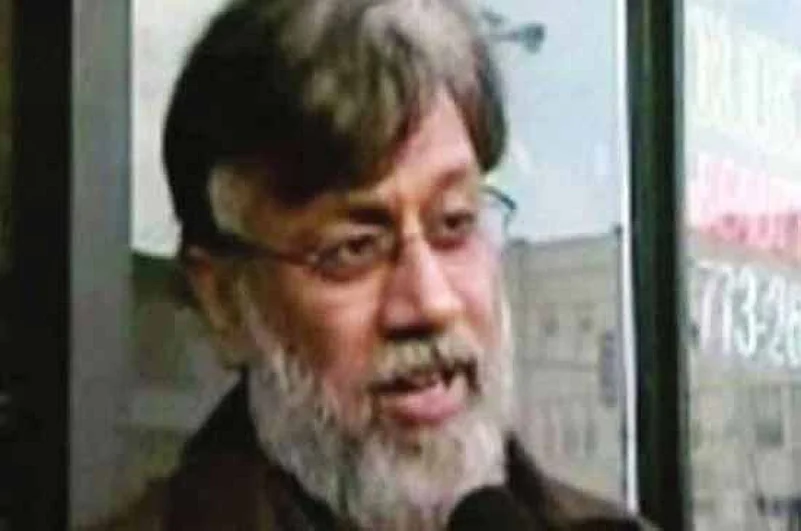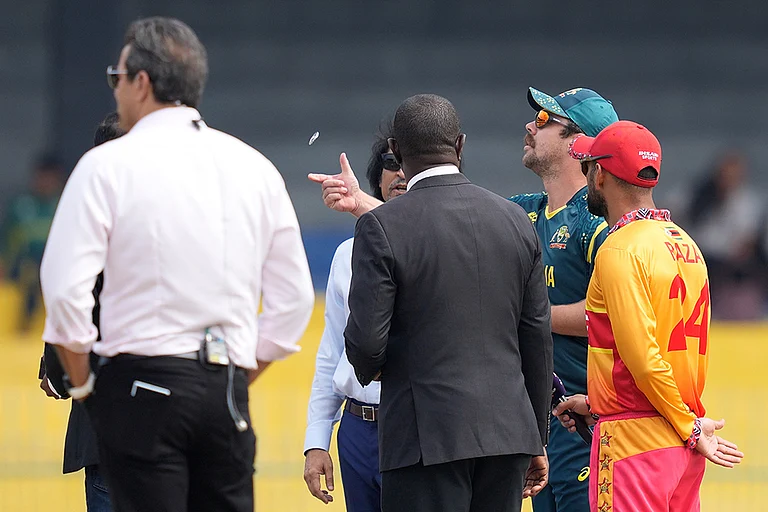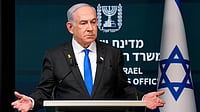In a significant legal development, a US court has rejected the plea for habeas corpus filed by Pakistani-origin Canadian businessman Tahawwur Rana, potentially paving the way for his extradition to India. Rana is facing trial for his alleged involvement in the 2008 Mumbai terror attacks.
The ruling, issued on August 10 by Judge Dale S Fischer of the United States District Court, Central District of California, comes as a blow to Rana's legal efforts to avoid extradition. Rana has swiftly appealed the decision, seeking a suspension of the extradition process until his case can be heard by the Ninth Circuit Court, according to PTI reports.
Rana's legal arguments rest on two key points, both of which were dismissed by Judge Fischer. Firstly, Rana contends that the extradition treaty prohibits his transfer to India due to his prior acquittal in a US court on charges stemming from the same actions. Secondly, he challenges the existence of sufficient probable cause supporting the allegations against him by the Indian government.
The court's order emphasizes that even if pivotal evidence, including testimony from David Headley, formed the sole basis for establishing probable cause, it would still meet the necessary standard for the habeas review process.
In response, Rana's legal team, led by attorneys Patrick Blegen and John D Cline, have initiated an expedited appeal process at the United States Court of Appeals for the Ninth Circuit. Simultaneously, they have lodged a separate petition seeking a stay of Rana's extradition, citing a substantial likelihood of success in their arguments against his transfer to India.
The legal dispute has drawn attention from various quarters, including the Biden administration, which advocated for denying Rana's plea for habeas corpus. Central to the disagreement is the interpretation of the United States-India extradition treaty, with Rana's attorney contending that his potential extradition would run afoul of specific provisions within the treaty.
The complexity of evidentiary matters has further muddied the waters. Rana's claims of ignorance regarding the imminent attacks, coupled with challenges to the accuracy of certain visa application details, have been met with counterarguments from the US government.
The 2008 Mumbai terror attacks sent shockwaves through the world as LeT militants executed a series of coordinated strikes, resulting in a tragic toll of 174 lives lost and iconic city landmarks tarnished. The attacks targeted various sites across Mumbai, leaving a trail of destruction and grief. Amidst the grim aftermath of those events, the spotlight has once again turned to the case of Tahawwur Rana, a figure intricately connected to the attacks.


























